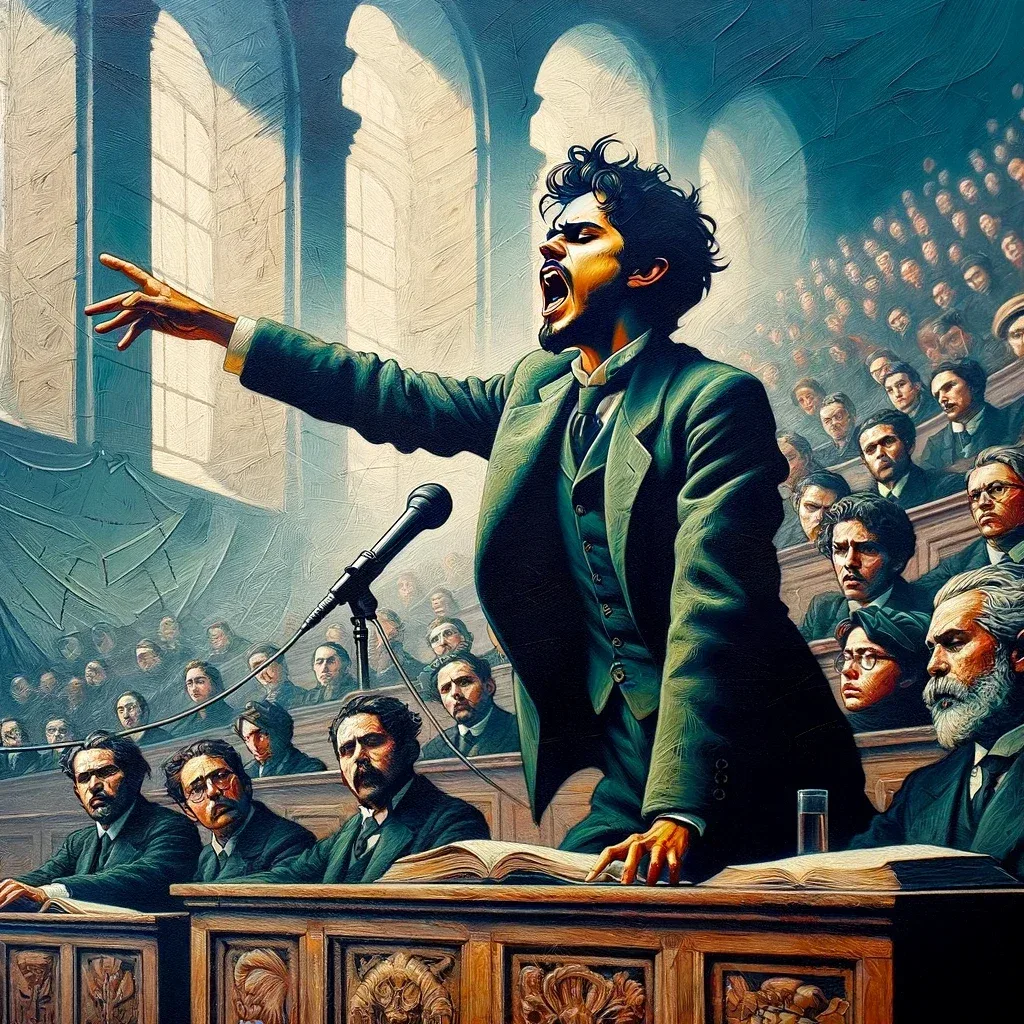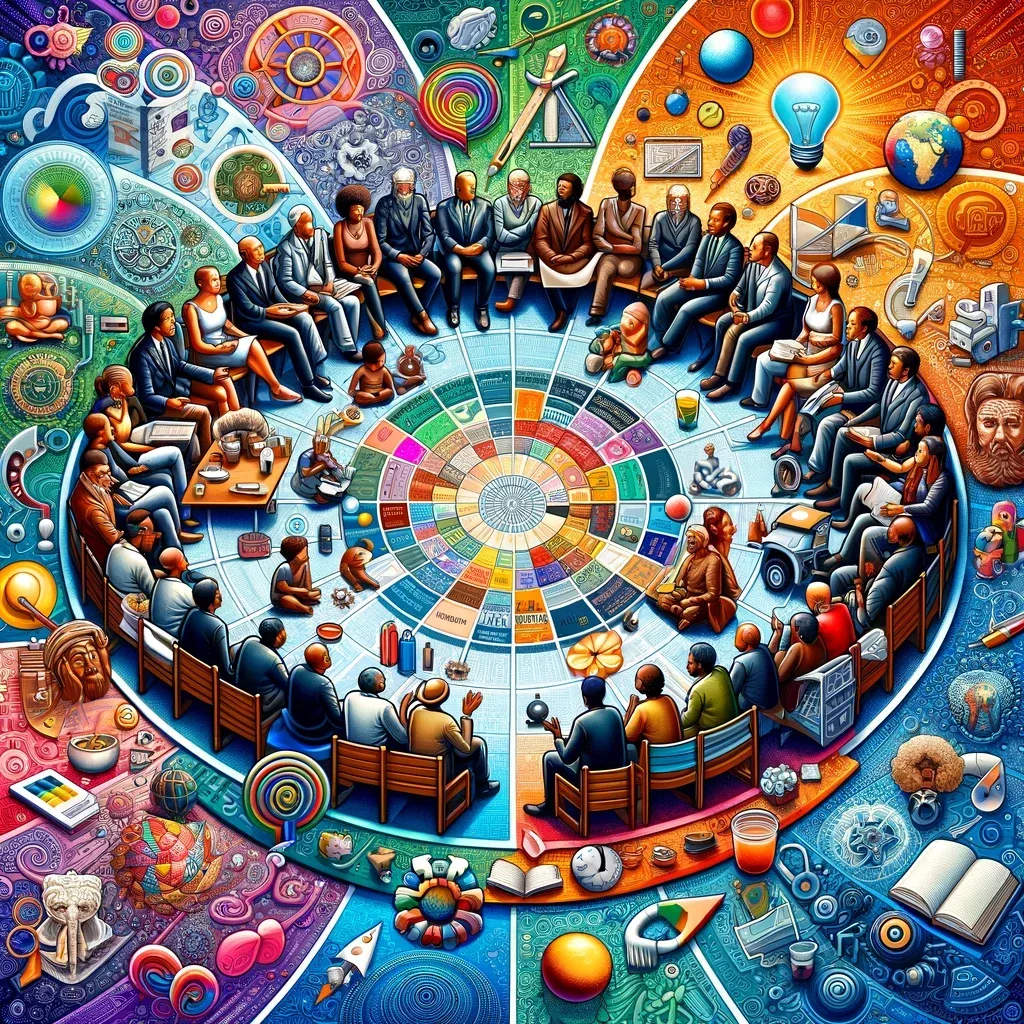The Argentine-Mexican philosopher Enrique Dussel is a central figure in contemporary philosophy, especially regarding the importance of philosophical knowledge being based on reality and cultural origins. This article explores the reasons why Dussel defends this approach, integrating it into the broader context of philosophy and culture.

Contextualization of Enrique Dussel's Philosophy

Dussel's Trajectory and Influences
Enrique Dussel is known for his critical approach to philosophy, focusing especially on questions of ethics, politics and history. His works reflect a profound influence from philosophical currents such as phenomenology, Marxism and liberation theology.
Philosophy of Liberation
Dussel is one of the leading exponents of Liberation Philosophy, a movement that seeks to reorient philosophy to address the concrete problems faced by Latin American peoples and other marginalized groups globally.
Philosophical Knowledge and Reality

Criticism of Excessive Abstraction
Dussel criticizes what he considers a tendency in Western philosophy to move away from real issues, getting lost in abstractions that contribute little to solving social, political and ethical problems.
The Need for a Practical Philosophy
For Dussel, philosophical knowledge must be practical, aimed at social transformation. He argues that philosophy must engage directly with the lived realities of people, especially those in situations of oppression and marginalization.
Concrete Examples of the Application of Philosophy
Dussel offers examples of how philosophy can be applied to address issues such as poverty, inequality and the fight for human rights, highlighting the direct impact of theory in practice.
Consideration of Cultural Origins

Eurocentrism in Traditional Philosophy
Dussel points to Eurocentrism as a significant limitation in traditional philosophy, which often ignores or downplays the perspectives and experiences of other cultures.
Valuing Cultural Diversity
He advocates the inclusion and appreciation of different cultural and philosophical traditions, arguing that this enriches philosophical knowledge and contributes to a more comprehensive understanding of the human condition.
Examples of Non-Eurocentric Philosophies
Dussel highlights examples of philosophical thought from African, Asian, and indigenous origins, demonstrating how these perspectives can offer valuable insights and different approaches to universal problems.
Challenges and Perspectives

Implementation in Academic Institutions
One of the challenges is the incorporation of this approach in academic institutions, which often resist changing paradigms.
Training of New Philosophers
The training of philosophers capable of addressing practical issues and considering cultural origins is essential for the continuity and development of this line of thought.
Future perspectives
Dussel sees a promising future for a more engaged and inclusive philosophy, which can significantly contribute to solving global problems and building a more just and egalitarian society.
Conclusion
Enrique Dussel proposes a vital reorientation of philosophical knowledge, emphasizing the need to anchor it in real issues and consider cultural origins. His approach not only enriches the philosophical field but also offers valuable tools for addressing contemporary challenges.
Frequently Asked Questions about the Philosophy of Enrique Dussel
This FAQ explores fundamental concepts of Enrique Dussel's philosophy, especially his approach to how philosophical knowledge must be anchored in real issues and consider cultural origins.






